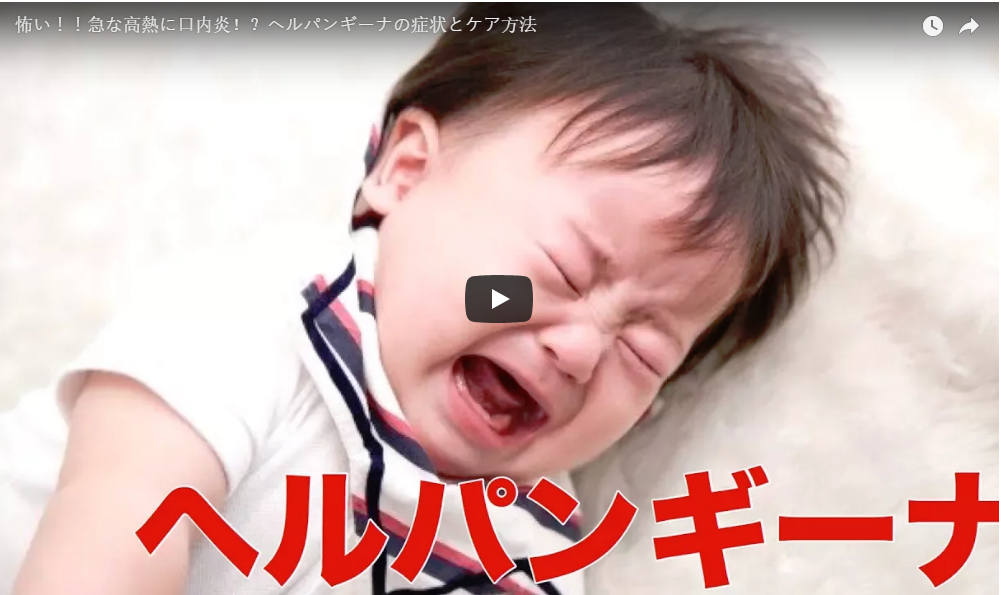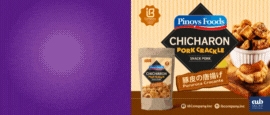Herpangina is a common childhood illness caused by a virus. It is characterized by small, blister-like ulcers on the roof of the mouth and in the back of the throat. The infection may also cause a sudden fever, sore throat, headache, and neck pain.
Herpangina is similar to hand-foot-mouth disease (HFM), another type of viral infection that commonly affects children. Both conditions are caused by enteroviruses. Enteroviruses are a group of viruses that typically affect the gastrointestinal tract but sometimes spread to othlider parts of the body. Normally, the body’s immune system produces antibodies to fight off infection. Antibodies are proteins that recognize and destroy harmful substances, such as viruses and bacteria. However, infants and young children are less likely to have the appropriate antibodies because they haven’t developed them yet. This makes them more susceptible to enteroviruses.
The groups of viruses that cause herpangina are very contagious. Luckily, the symptoms are treatable and usually clear up within seven to 10 days.
The symptoms of herpangina vary from person to person, but can include:
- sudden onset of fever
- sore throat
- headache
- neck pain
- swollen lymph glands
- difficulty in swallowing
- loss of appetite
- drooling (in infants)
- vomiting (in infants)
Small ulcers in the back of the mouth and throat begin to appear about two days after the initial infection. They tend to be light gray and often have a red border. The ulcers usually heal within seven days.
You should contact your doctor right away if you have:
- a fever that is over 106°F or that doesn’t go away
- mouth sores or a sore throat that lasts for more than five days
- symptoms of dehydration, such as
- dry mouth
- lack of tears
- fatigue
- decreased urine output
- dark urine
- sunken eyes
Herpangina is usually caused by group A coxsackieviruses. However, it can also be caused by group B coxsackieviruses, enterovirus 71, and echovirus. These viruses are highly contagious and can easily spread from person to person, especially in schools and childcare centers. People who are infected with herpangina are most contagious during the first week of infection.
Herpangina is typically transmitted through contact with fecal matter. The infection may also be spread through contact with droplets from an infected person’s sneeze or cough. This means that you can get herpangina if you touch your mouth after touching something that’s contaminated with fecal particles or droplets from an infected person. The virus can live on surfaces and objects, such as countertops and toys, for several days.
Herpangina can affect anyone, but it most commonly occurs in children under age 5. It’s particularly common in children who attend school, childcare facilities, or camps. In the United States, the risk of developing herpangina is higher during the summer and fall.
Since the ulcers caused by herpangina are unique, your doctor can usually diagnose this condition by performing a physical exam. They will also review your symptoms and medical history. Special diagnostic tests usually aren’t necessary.
The primary goal of treatment is to reduce and manage symptoms, especially the pain. Your specific treatment plan will depend on a variety of factors, including your age, symptoms, and tolerance for certain medications. Since herpangina is a viral infection, antibiotics aren’t an effective form of treatment. Instead, your doctor may recommend:
- Ibuprofen or acetaminophen: These medications can ease any discomfort and reduce fever. Do not use aspirin to treat symptoms of a viral infection in children or teenagers. This has been linked to Reye’s syndrome, a life-threatening illness that results in sudden swelling and inflammation in the liver and brain.
- Topical anesthetics: Certain anesthetics, such as lidocaine, can provide relief for a sore throat and any other mouth pain associated with herpangina.
- Increased fluid intake: It’s important to drink plenty of fluids during recovery, especially cold milk and water. Eating popsicles can also help soothe a sore throat. Avoid citrus drinks and hot beverages, as they may make symptoms worse.
With treatment, symptoms should disappear within seven days with no lasting effects.
Practicing good hygiene is the best way to prevent herpangina. You should always wash your hands thoroughly, especially before meals and after using the restroom. It’s also important to cover your mouth and nose when sneezing or coughing to prevent the spread of germs. Teach your children to do the same.
While caring for a child with herpangina, you should wash your hands frequently, especially after coming in contact with soiled diapers or mucus. Clean any surfaces, toys, and other objects with a disinfectant to kill germs. You should also keep your child out of school or daycare for a few days to avoid spreading the infection to others.
Herpangina is a common childhood illness caused by a virus. It is characterized by small, blister-like ulcers on the roof of the mouth and in the back of the throat. The infection may also cause a sudden fever, sore throat, headache, and neck pain.
Herpangina is similar to hand-foot-mouth disease (HFM), another type of viral infection that commonly affects children. Both conditions are caused by enteroviruses. Enteroviruses are a group of viruses that typically affect the gastrointestinal tract but sometimes spread to othlider parts of the body. Normally, the body’s immune system produces antibodies to fight off infection. Antibodies are proteins that recognize and destroy harmful substances, such as viruses and bacteria. However, infants and young children are less likely to have the appropriate antibodies because they haven’t developed them yet. This makes them more susceptible to enteroviruses.
The groups of viruses that cause herpangina are very contagious. Luckily, the symptoms are treatable and usually clear up within seven to 10 days.
The symptoms of herpangina vary from person to person, but can include:
- sudden onset of fever
- sore throat
- headache
- neck pain
- swollen lymph glands
- difficulty in swallowing
- loss of appetite
- drooling (in infants)
- vomiting (in infants)
Small ulcers in the back of the mouth and throat begin to appear about two days after the initial infection. They tend to be light gray and often have a red border. The ulcers usually heal within seven days.
You should contact your doctor right away if you have:
- a fever that is over 106°F or that doesn’t go away
- mouth sores or a sore throat that lasts for more than five days
- symptoms of dehydration, such as
- dry mouth
- lack of tears
- fatigue
- decreased urine output
- dark urine
- sunken eyes
Herpangina is usually caused by group A coxsackieviruses. However, it can also be caused by group B coxsackieviruses, enterovirus 71, and echovirus. These viruses are highly contagious and can easily spread from person to person, especially in schools and childcare centers. People who are infected with herpangina are most contagious during the first week of infection.
Herpangina is typically transmitted through contact with fecal matter. The infection may also be spread through contact with droplets from an infected person’s sneeze or cough. This means that you can get herpangina if you touch your mouth after touching something that’s contaminated with fecal particles or droplets from an infected person. The virus can live on surfaces and objects, such as countertops and toys, for several days.
Herpangina can affect anyone, but it most commonly occurs in children under age 5. It’s particularly common in children who attend school, childcare facilities, or camps. In the United States, the risk of developing herpangina is higher during the summer and fall.
Since the ulcers caused by herpangina are unique, your doctor can usually diagnose this condition by performing a physical exam. They will also review your symptoms and medical history. Special diagnostic tests usually aren’t necessary.
The primary goal of treatment is to reduce and manage symptoms, especially the pain. Your specific treatment plan will depend on a variety of factors, including your age, symptoms, and tolerance for certain medications. Since herpangina is a viral infection, antibiotics aren’t an effective form of treatment. Instead, your doctor may recommend:
- Ibuprofen or acetaminophen: These medications can ease any discomfort and reduce fever. Do not use aspirin to treat symptoms of a viral infection in children or teenagers. This has been linked to Reye’s syndrome, a life-threatening illness that results in sudden swelling and inflammation in the liver and brain.
- Topical anesthetics: Certain anesthetics, such as lidocaine, can provide relief for a sore throat and any other mouth pain associated with herpangina.
- Increased fluid intake: It’s important to drink plenty of fluids during recovery, especially cold milk and water. Eating popsicles can also help soothe a sore throat. Avoid citrus drinks and hot beverages, as they may make symptoms worse.
With treatment, symptoms should disappear within seven days with no lasting effects.
Practicing good hygiene is the best way to prevent herpangina. You should always wash your hands thoroughly, especially before meals and after using the restroom. It’s also important to cover your mouth and nose when sneezing or coughing to prevent the spread of germs. Teach your children to do the same.
While caring for a child with herpangina, you should wash your hands frequently, especially after coming in contact with soiled diapers or mucus. Clean any surfaces, toys, and other objects with a disinfectant to kill germs. You should also keep your child out of school or daycare for a few days to avoid spreading the infection to others.


























